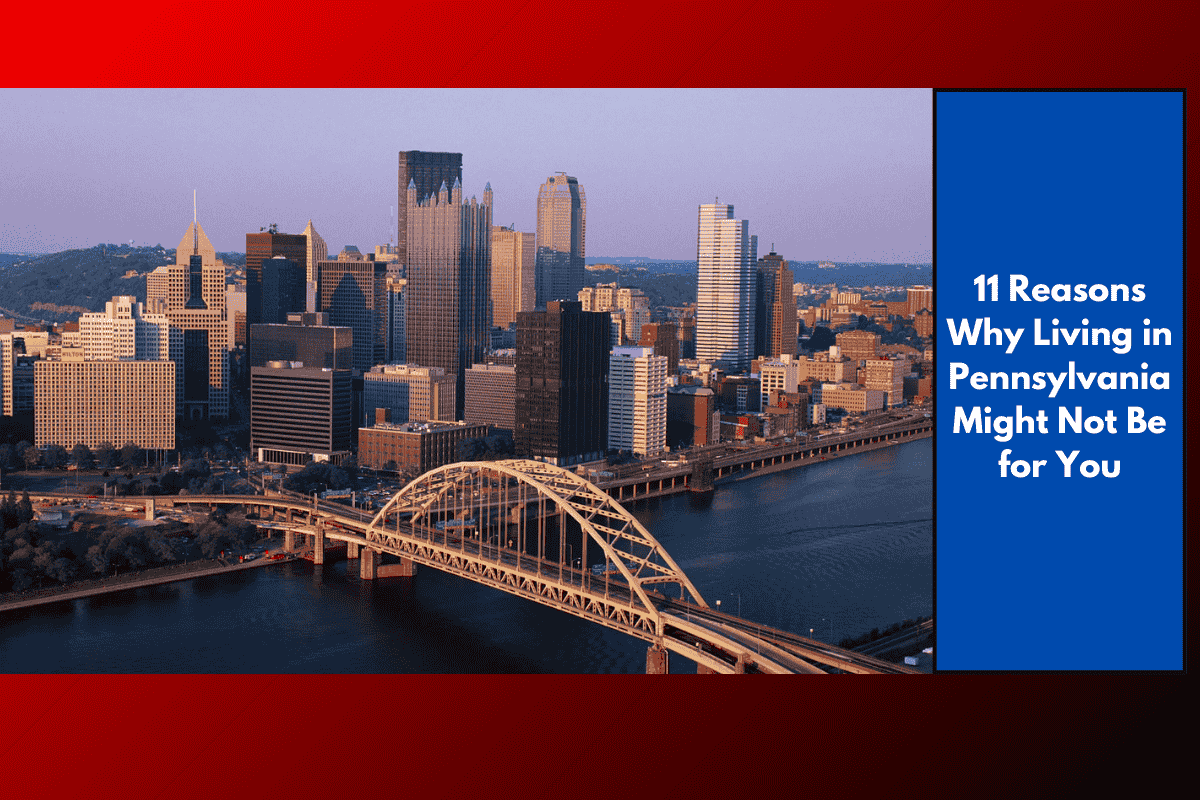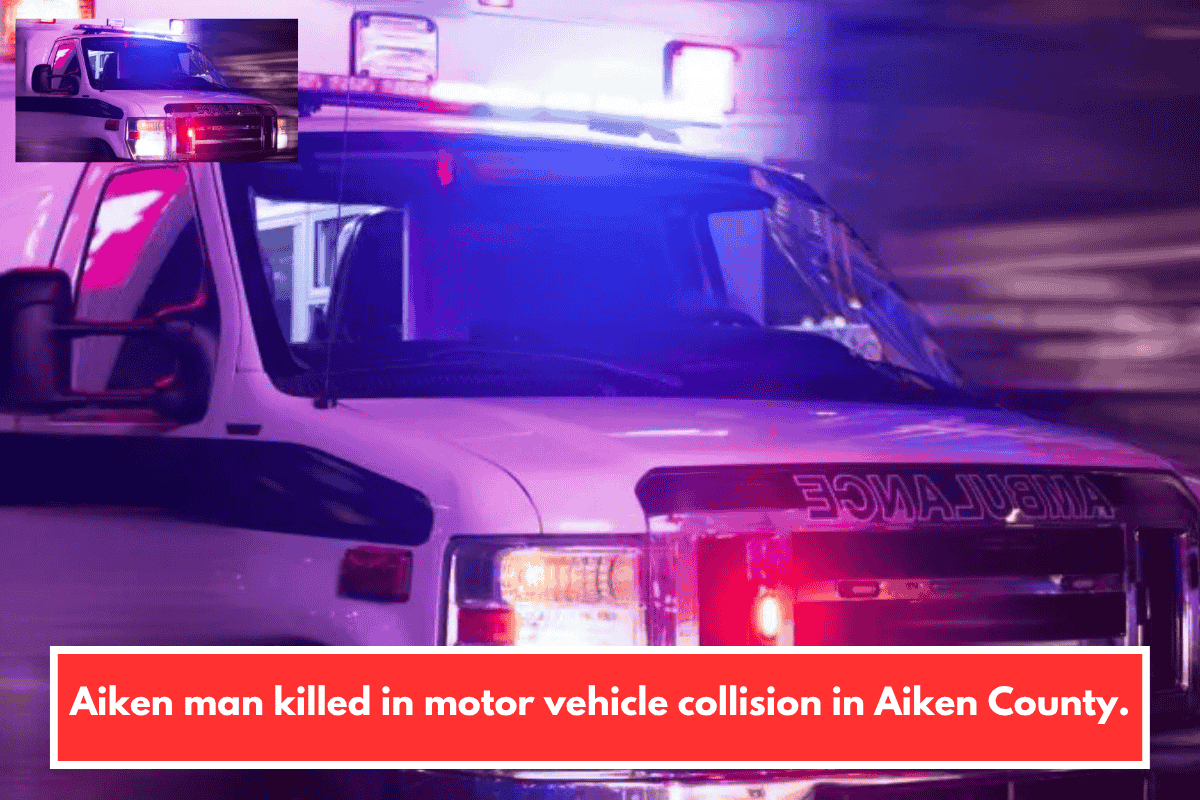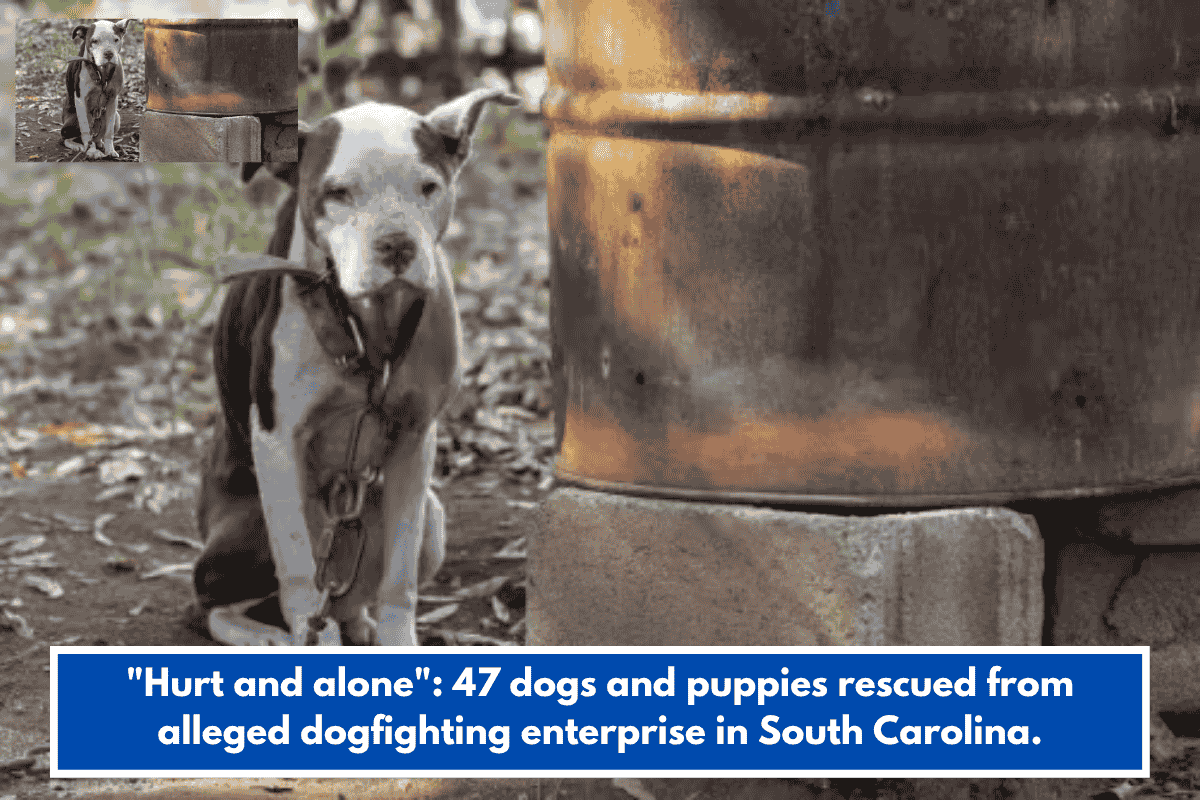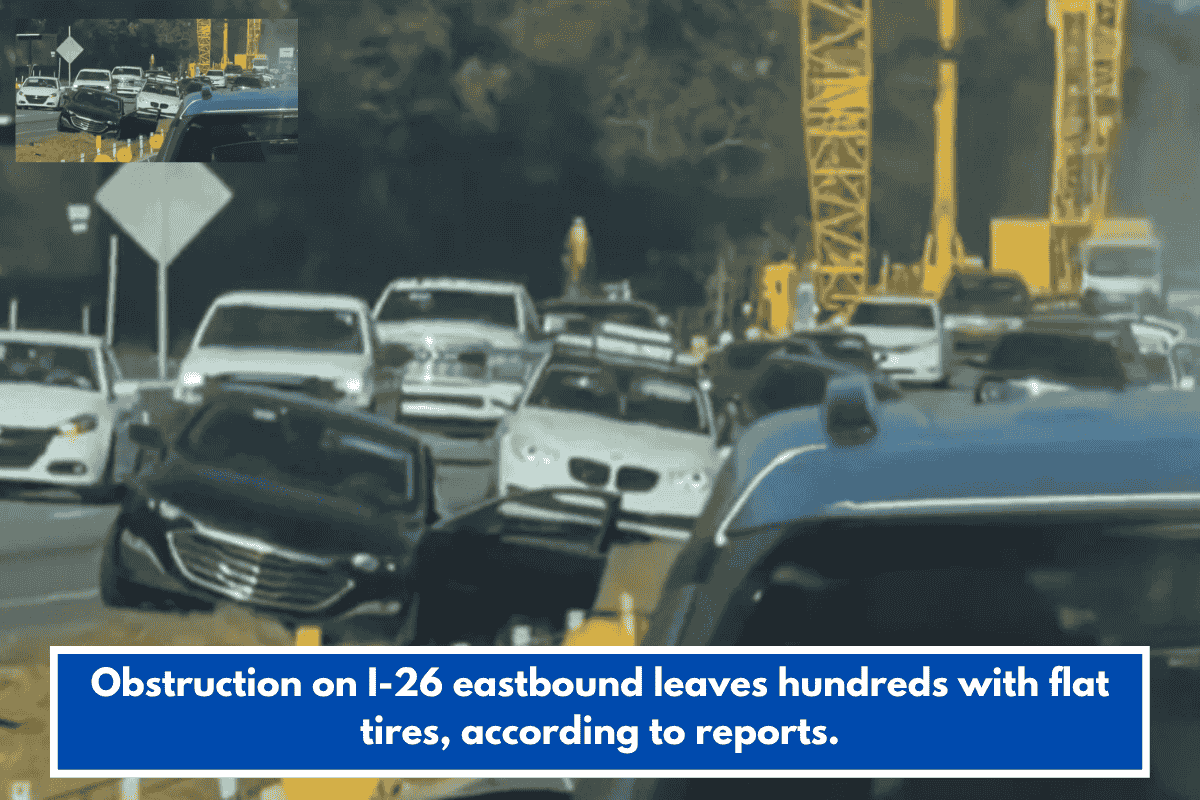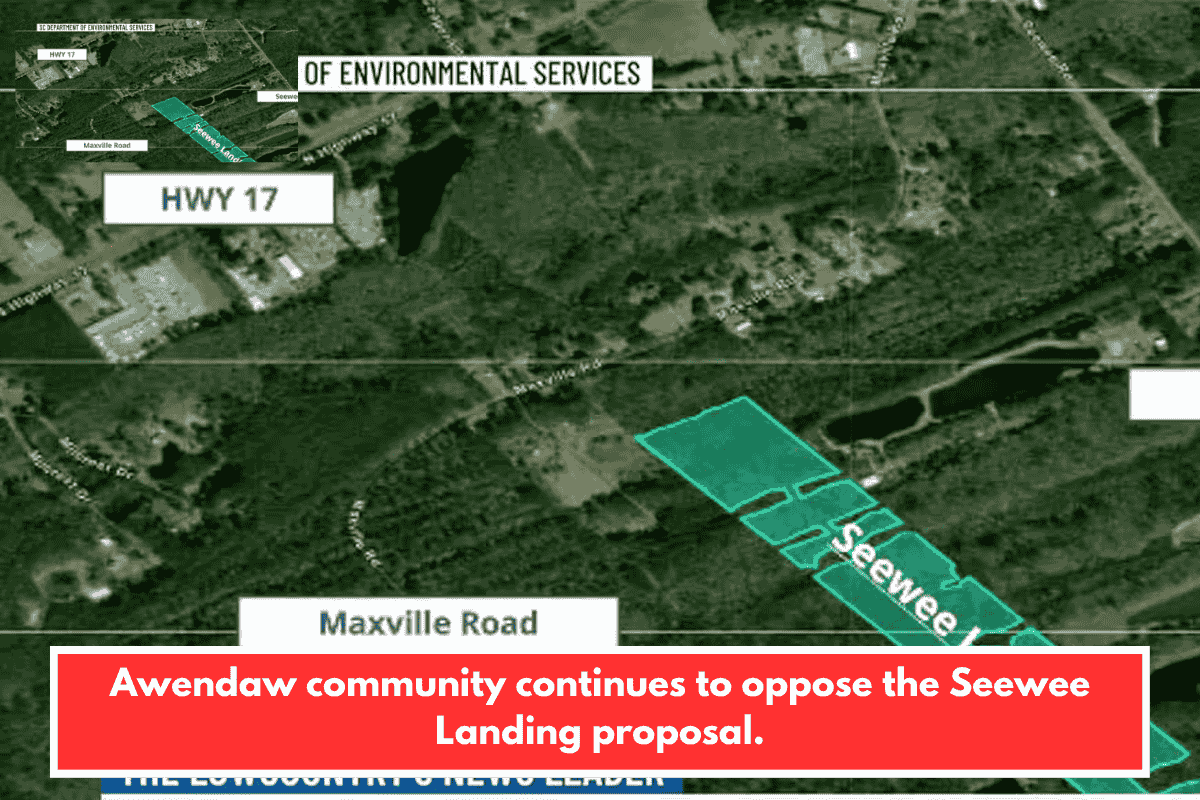Here are 11 reasons why living in Pennsylvania might not be for you:
- Harsh Winters and Cold, Damp Weather
Northern and western regions face long, cold, and snowy winters. The damp, chilly climate extends into spring, making outdoor activities less enjoyable for those who dislike the cold. - High Property and Local Taxes
Property taxes can be high in certain counties, and local tax rates average 12.33%, higher than many other states, putting pressure on homeownership and monthly budgets. - Aging and Poorly Maintained Infrastructure
Pennsylvania’s roads, bridges, and transit systems are often in disrepair. Potholes and delayed maintenance are everyday hassles for commuters, and infrastructure is graded low statewide. - Traffic Congestion and Toll Booths
Urban areas suffer from major congestion—especially Philadelphia and Pittsburgh. Frequent tolls add to commuting frustrations, slowing life down in the state’s busiest corridors. - Limited Public Transportation in Many Areas
Outside bigger cities, public transport is lacking, making it nearly essential to own a car. Rural areas in particular have few options for those without vehicles. - High Crime and Safety Concerns (Especially in Cities)
Philadelphia’s crime rate remains above the national average, with concerns over personal and property safety. Other cities also grapple with safety issues, sometimes making daily life stressful. - Seasonal Allergies and Ticks
Pennsylvania has high pollen levels in spring, triggering allergies for many residents. There’s also a threat of ticks and Lyme disease, especially in wooded and rural regions. - Higher Cost and Access Issues in Healthcare and Education
While community colleges are affordable, top universities and healthcare—especially in rural areas—can be expensive and less accessible, with long travel required for some essential services. - Oppressive Summer Humidity
Summers may not be the hottest in the U.S., but humidity levels are high, sometimes exceeding 80%. This makes hot days feel stickier and more uncomfortable, especially in the cities. - Limited Diversity and Conservative Social Attitudes in Rural Areas
Urban areas are diverse, but rural Pennsylvania is relatively homogeneous and can feel less welcoming to newcomers from different backgrounds. Conservative social values may not match everyone’s lifestyle. - Filthy Cities and Notable Poverty
Philadelphia, in particular, is known for high poverty rates, visible economic struggles, and dirty, unkempt streets. Statewide, Pennsylvania is ranked among the least clean U.S. states, factoring in air quality, landfill use, and waste.
These factors contribute to a quality of life that might not appeal to everyone, especially if you prioritize warm weather, efficiency, easy transportation, affordability, and diversity.
SOURCES
(https://www.sroa.com/blog/local-guides/pros-and-cons-of-living-in-pennsylvania)(https://thehonestlocal.com/pros-cons-living-pennsylvania-moving/)
(https://ambereverywhere.com/living-in-pennsylvania-pros-and-cons/)
(https://www.tallboxdesign.com/why-not-to-live-in-pennsylvania/)
(https://www.apartmentguide.com/blog/pros-and-cons-of-living-in-pennsylvania/)

